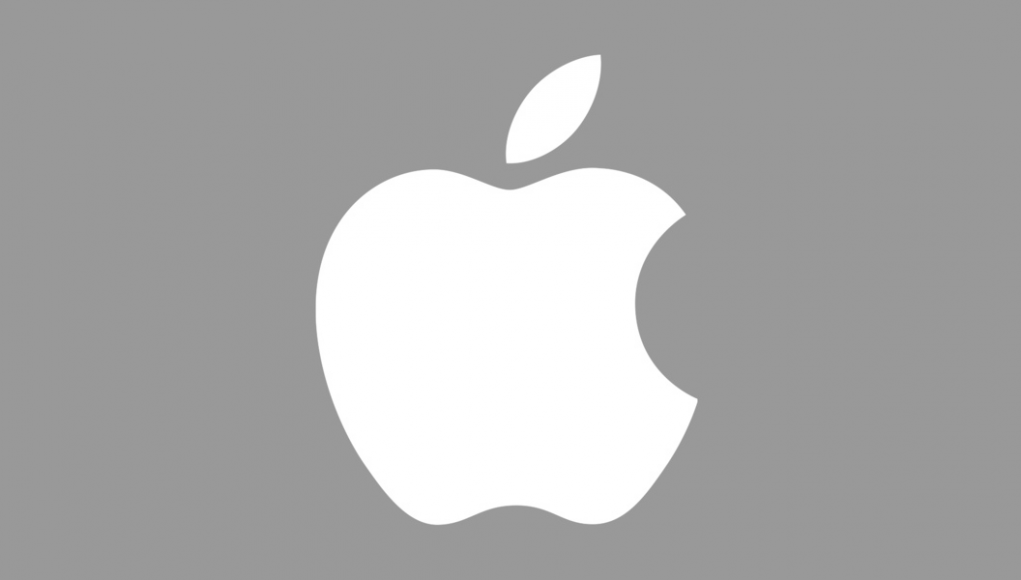With the release of iOS 11, hundreds of millions of Apple devices gained the ability to perform basic augmented reality functions, albeit viewed through the screens of iPhones and iPads. While capable of providing some pretty useful and interesting apps, the next logical step for this early development of an AR app ecosystem invariably points to the future ahead: an Apple AR headset. According to a report by Bloomberg, that future might not be so distant.
Citing sources familiar with the matter, the report maintains Apple has definite plans to produce a dedicated AR headset, and could ship a product as early as 2020.
With Apple’s AR efforts led by ex-Dolby Executive VP Mike Rockwell, the group has now reportedly grown to several hundred engineers scattered across office parks in both Cupertino and Sunnyvale, CA, where the team is working on “several hardware and software projects” under the code name ‘T288’.
T288 encompasses a few important efforts, the report holds, including the creation of a purpose-built chip capable of powering the AR headset that’s similar in concept to the ‘system-on-a-package’ used in the Apple Watch.
A new AR-focused operating system based on iOS called ‘rOS’ (‘r’ for reality) is also supposedly in the works, a project led by former Apple software manager for games and graphics Geoff Stahl.
That said, Apple reportedly hasn’t settled on a design yet and currently necessitates the use of an HTC Vive by its engineers for software design tasks. For the purposes of internal testing, Apple is also producing a head-mounted AR headset similar in design to Samsung’s Gear VR headset, but using an iPhone to drive AR interactions. Apple doesn’t plan to sell the headset though, and will likely only use it for testing purposes.
Because basically nothing is finalized at this point, it’s uncertain how users will control the headset and launch apps, however the company is investigating touch panels, voice-activation via Siri and head gestures, the report maintains. As for applications, engineers are prototyping a range of apps encompassing everything from mapping and texting to virtual meeting rooms and 360-degree video playback.
In the interim, Apple wants to make it easier for developers to create for its fledgling AR app ecosystem by releasing a new version of ARKit software tools as soon as 2018.
Apple declined to comment on any of the above information.
Publicly, Apple CEO Tim Cook says there are still plenty of challenges to consider before the company would release an AR headset though, speaking with The Independent.
“The display technology required, as well as putting enough stuff around your face – there’s huge challenges with that. The field of view, the quality of the display itself, it’s not there yet,” he says. “We don’t give a rat’s about being first, we want to be the best, and give people a great experience. But now anything you would see on the market any time soon would not be something any of us would be satisfied with. Nor do I think the vast majority of people would be satisfied.”
Wherever you land on the company politically, one thing is certain; Apple is normalizing the AR headset, and you can bet they’ll make it easy enough for everyone’s mom and dad to use.







